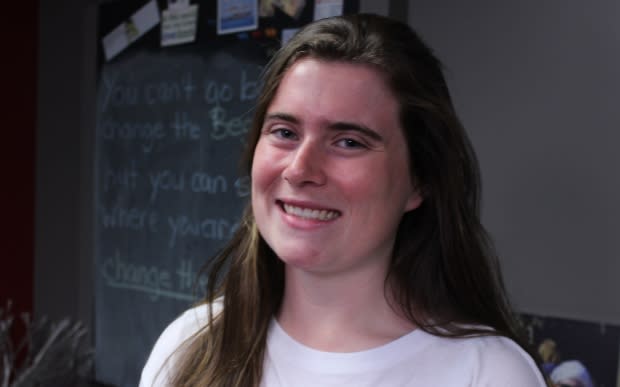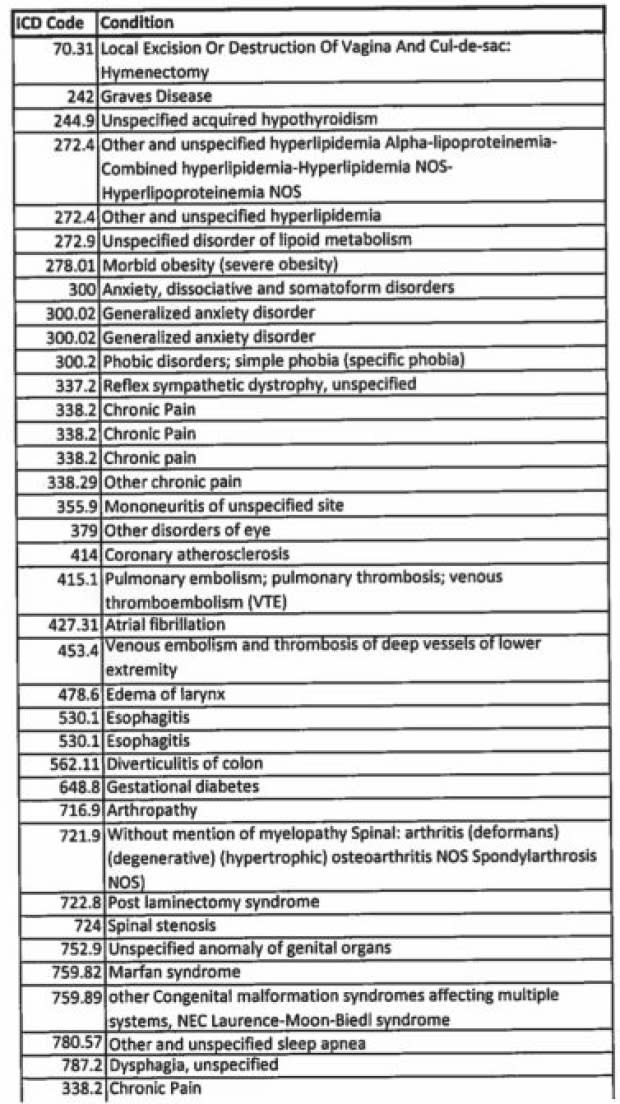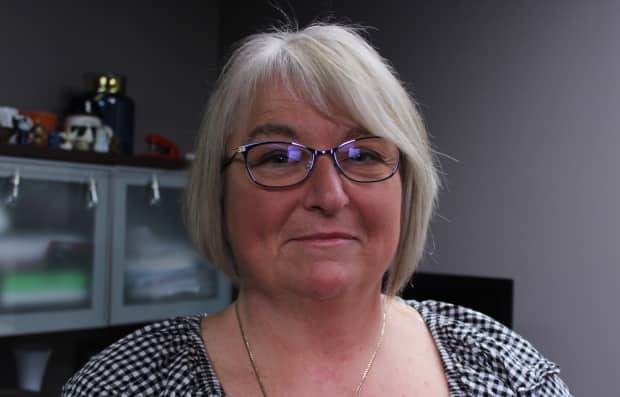Gov't program helping the disabled violates Charter of Rights and Freedoms, group says
A territorial government program — that helps residents with some diseases afford additional care — discriminates against people with autism and violates the Charter of Rights and Freedoms, according to the NWT Autism Society.
The society said the N.W.T.'s Extended Health Benefits for Specified Disease Conditions Program discriminates against people with other disabilities, too.
The program helps residents pay for things like medical travel, equipment, and prescription drugs not covered by medical care insurance.
The person must be under the care of a physician or nurse practitioner for one of about 50 diseases listed on the territory's website, including asthma, epilepsy and alcohol dependency.
It doesn't include autism or diseases like amyotrophic lateral sclerosis (ALS), also known as Lou Gehrig's disease.
"Creating a list, by definition, creates differential treatment based on disability type," said Alannis McKee, vice-president of NWT Autism Society.
37 requests for new diseases to be added to list

As of Feb. 12 this year, there were 1,548 Northwest Territories residents enrolled in the program, according to government documents.
Section 15 of the Charter of Rights and Freedoms states every Canadian "has the right to the equal protection and equal benefit of the law without discrimination … based on race, national or ethnic origin, colour, religion, sex, age or mental or physical disability."
McKee argues by limiting the program to only cover certain diseases, it discriminates not only against people with autism and anyone else whose disease isn't listed.
Between 2015 and 2017, there were 37 requests for new diseases to be covered by the program, according to documents obtained by the society through the territory's Access to Information Act.
The diseases requested include chronic pain, morbid obesity and generalized anxiety disorder.
None of the diseases requested appear on the program's list as of Friday, and it's unclear if anyone making the requests were covered.
Changing program will save lives: disabilities council
The autism society wants the program to open itself up for all disabilities, and wants the territory's health department to address the "gap" in health-care insurance for low-income residents.
McKee said the Northwest Territories falls short because low-income residents can't access dental and vision care, and can't afford some prescription drugs.
She's calling on members of the public to write to their MLAs, calling for changes to the program.

Denise McKee is executive director of the NWT Disabilities Council, and Alannis McKee's mother. She said changing the program will save lives.
"We have people coming through our doors all the time that are requiring [health] services ... that aren't able to access them," she said.
"It really, really targets the poor, which are traditionally people with disabilities."
She said people who can't afford medication or medical equipment will either spend money they don't have to obtain it, or go without it.
She said this puts people at a greater risk of health problems down the line, including ending up "in crisis in the hospital" costing the territory more money in the long run.
Health minister to 'discuss this further'
Mark Bogan is one of the people the program helps and calls it "brilliant." He's a Type 2 diabetic and takes several medications a day to manage his sugar levels. His medication is covered by the program.
"Without it [the program], I think people will struggle," Bogan said, adding it was easy for him to get his medication covered. "The cost of living is very expensive here, and everything helps."

In an emailed statement to CBC, Health Minister Glen Abernethy said he met with the NWT Autism Society on Thursday, and his department is reviewing a report penned by Alannis McKee about the issues she sees with the program.
"I look forward to discussing this further after we have had time to fully consider the impacts of the recommendations made [by the NWT Autism Society]," Abernethy wrote.
The Department of Health and Social Services said it would answer questions about why autism isn't included on the list of diseases later this week.


